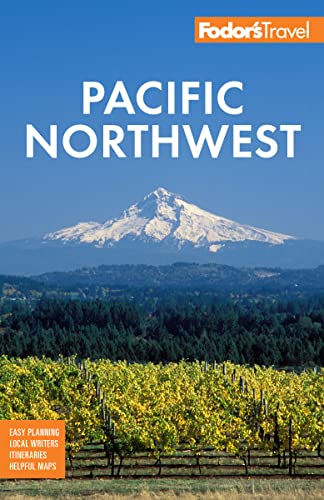Vancouver History
The city of Vancouver is integrally linked with the taming of western Canada: the trappers working for the Hudson's Bay Company (the oldest retail store still operating in North America) explored the area. Legend has it that a chatty gentleman known as "Gassy Jack" opened a saloon on the shores of Burrard Inlet in 1870 and the area became known as Gastown. The Canadian Pacific Railway, which crossed the country, chose the ramshackle town as its Pacific terminus. The coming of the railway inspired the loggers and saloon owners of Granville to incorporate as a city: on April 6, 1886, Granville Townsite, with a population of about 400, became the City of Vancouver, named after the British explorer who had toured the inlet back in 1792. On June 13, 1886, a brush fire got out of control and the fledgling community burned to the ground in about 30 minutes, but rebuilding got underway in a matter of days.
The railway continued to thrive, and to bring people and goods across the country. The port of Vancouver also grew and, with the opening of the Panama Canal, it became internationally significant as part of an alternative shipping route to Europe. Canadian Pacific's fleet of clipper ships gave Vancouver a full week's edge over the California ports when it came to shipping tea and silk from the Orient to New York. Lumber, fish, and coal from British Columbia's hinterland—resources that are still the backbone of the provincial economy—also flowed through the port to world markets. The same ships and trains brought immigrants from all corners of the earth, helping the population grow exponentially to today's 2.4 million.




